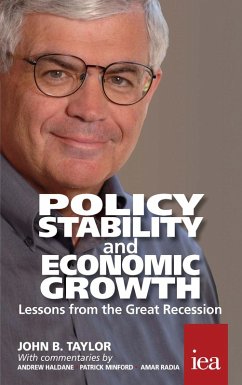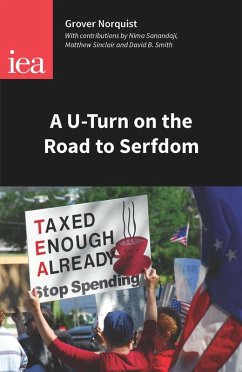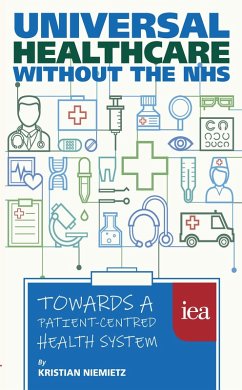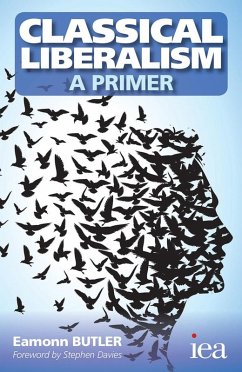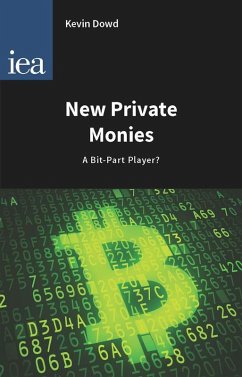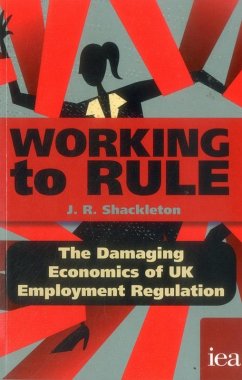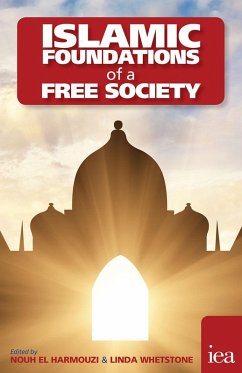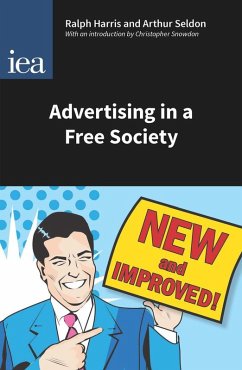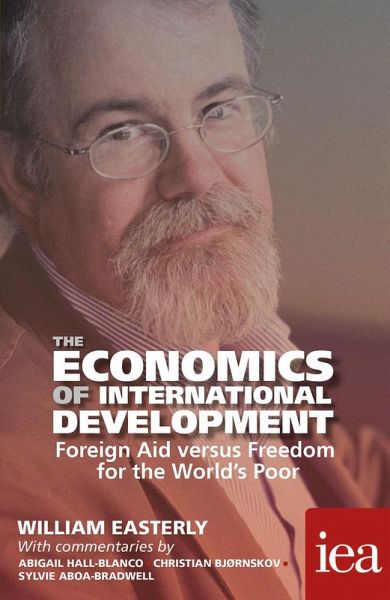
The Economics of International Development (eBook, ePUB)
Foreign Aid versus Freedom for the World's Poor
Kommentar: Aboa-Bradwell, Sylvie; Hall-Blanco, Abigail; Bjørnskov, Christian

PAYBACK Punkte
3 °P sammeln!
Foreign aid and overseas military intervention have been important and controversial political topics for over a decade. The government's controversial target to spend 0.7 per cent of national income on foreign aid has been widely welcomed by some, but strongly criticised by others. Furthermore, the controversy of the Iraq war rumbles on, even today. This is all happening amongst much instability in many parts of the world. In this short book, a number of authors challenge the assumption that we can bring about economic development and promote liberal democracies through direct foreign interve...
Foreign aid and overseas military intervention have been important and controversial political topics for over a decade. The government's controversial target to spend 0.7 per cent of national income on foreign aid has been widely welcomed by some, but strongly criticised by others. Furthermore, the controversy of the Iraq war rumbles on, even today. This is all happening amongst much instability in many parts of the world. In this short book, a number of authors challenge the assumption that we can bring about economic development and promote liberal democracies through direct foreign intervention - whether economic or military intervention. The lead author, William Easterly, drawing on his wide experience at the World Bank and as an academic, is a renowned sceptic of intervention. He points out that solutions proposed now to the problem of poverty are identical to solutions proposed decades ago - but the plans of rich governments simply do not successfully transform poor countries. Academics Abigail Hall-Blanco and Christian Bjornskov add further context and put forward empirical evidence that backs up Easterly's argument. Syvlie Aboa-Bradwell draws upon her own practical experience to give examples of how people in poor countries can be assisted to promote their own development. This book is essential reading for students, teachers and all interested in better understanding how to help - and how not to help - the world's most disadvantaged peoples.
Dieser Download kann aus rechtlichen Gründen nur mit Rechnungsadresse in A, D ausgeliefert werden.




